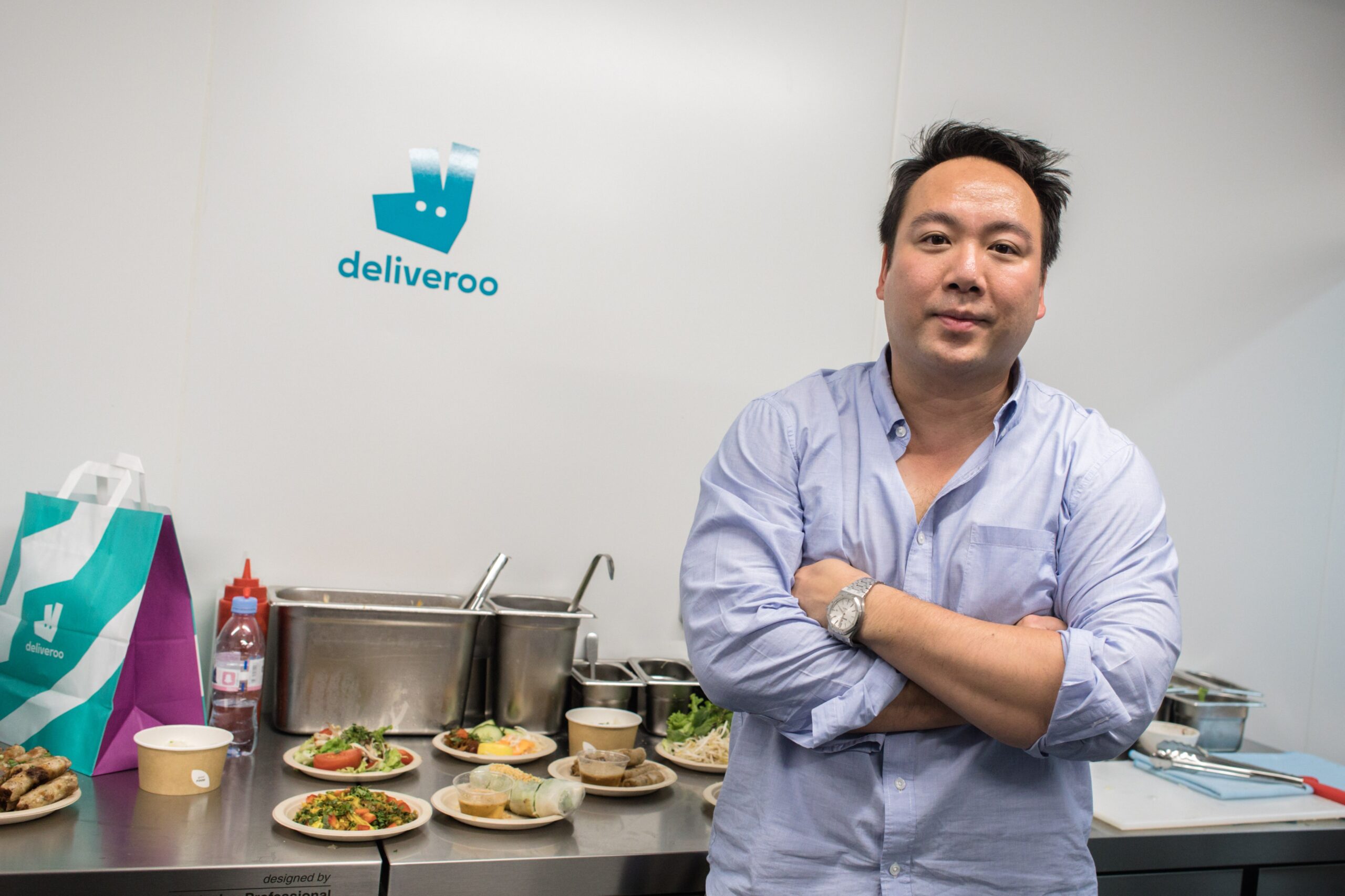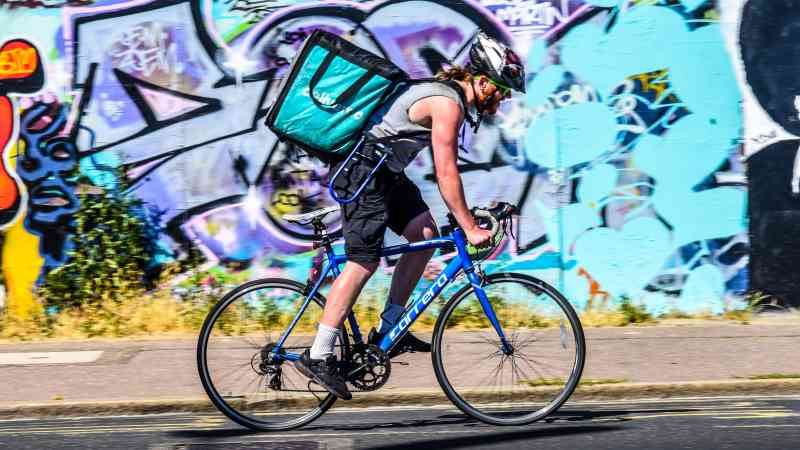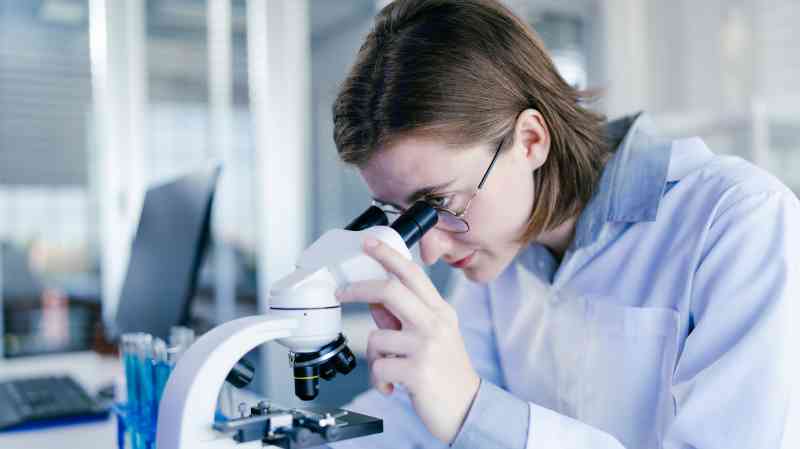Deliveroo finally delivers as first profit leads to £150m buyback
Deliveroo has reported its first interim profit since going public in a 2021 float that was lambasted as London’s worst initial public offering.
The takeaway delivery company made a profit of £1.3 million in the first half of this year, a significant turnaround from a loss of £82.9 million in the same period in 2023. The number of orders placed increased by 2 per cent year-on-year to 147 million as food price rises and the cost of living squeeze start to ease, while its gross transaction value rose by 5 per cent to £3.69 billion.
Deliveroo also recorded a positive free cash inflow for the first time, at £3.2 million, after a £27.7 million deficit last time. In addition, it announced a £150 million share buyback to return cash to investors.

The figures prompted a rush of orders to buy the company’s shares, which notoriously sank by a quarter from their 390p opening price on the first day of trading in March 2021. They were up by 13½p, or 10.5 per cent, at 141p at the close.
Will Shu, its chief executive, who launched Deliveroo alongside Greg Orlowski in London in 2013, hailed the profit and positive free cashflow figures as two “really important” milestones and said that the buyback was a reflection of confidence in the company’s financial progress.
“I have no idea why stocks go up and down, I just focus on the business and the fact we’re delivering for customers,” Shu, 44, said. “I think [the buyback] is fuelled by the confidence we have in cashflow generation and growth prospects. The stock price is what it is. We focus on the business.”
The average cost of food orders plus delivery fees was £25, up from £24.20 the previous year. This was driven primarily by higher prices set by restaurants and shops, although the rate at which prices are rising is slowing.
The food delivery app, which works with about 182,000 restaurants, grocers and retail partners, operates in a highly competitive industry. Getir and Gorillas, the rival brands, exited the British market this year, while Uber continues to expand its Uber Eats food delivery platform. “It is absolutely a competitive business across restaurants and across grocery,” Shu said. “We have to fight every day. We’re only as good as our last transaction. Frankly, we find that very motivating.”
Deliveroo’s expansion into the grocery sector helped to power significant growth in the six months to the end of June, accounting for 14 per cent of the group’s gross transaction value. After the launch of the Deliveroo Shopping retail offering in November last year, progress is said to have been positive, with partnerships with companies including B&Q.
Shu said that a grocery offering was “critical”, adding: “There’s a structural shift, I think, away from this large basket weekly shop deliveries that Ocado and Tesco do so well. I think the younger generations are looking for a multi-week shop experience, smaller basket sizes and getting fresher things. They’re used to on-demand. Compared to where people’s heads were ten years ago when we launched the business, it’s night and day.”
The company upgraded its forecast for full-year core earnings to the upper half of its £110 million to £130 million guidance range. “I’m very positive and optimistic but we have to execute it right,” Shu said.
Analysts at Jefferies, the investment bank, described the half-year performance as “impressive. Deliveroo has achieved two important financial milestones of first-time half-year net profit and FCF generation. Order growth is still low, but the company is citing encouraging signs on consumer behaviour.”




Post Comment